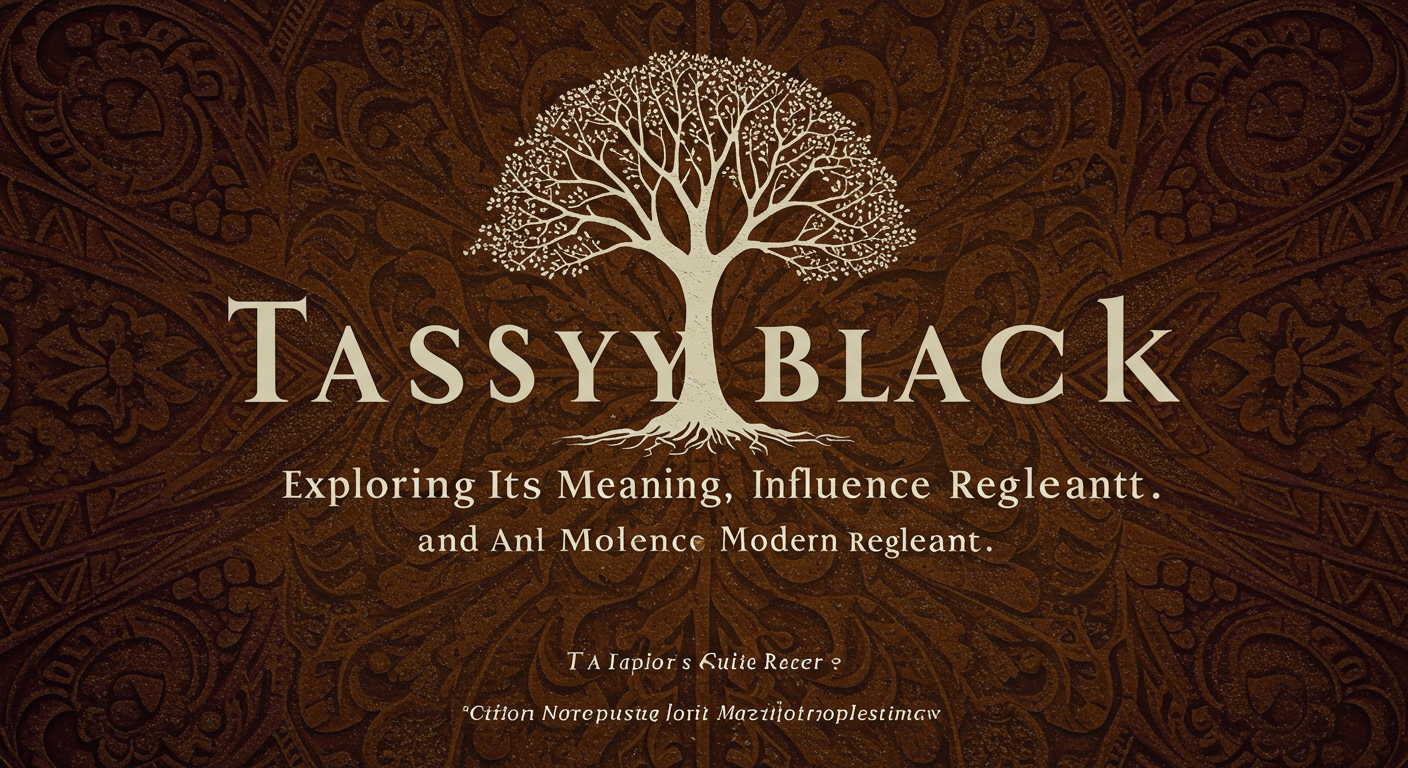In today’s fast-moving online world, digital slang and trends emerge quickly and sometimes vanish just as fast. One such rising term is Simpcitt, a fictional concept that’s becoming increasingly common in memes and internet culture. Simpcitt may not exist on any map, but in the digital space, it holds symbolic value. This article explores the meaning behind Simpcitt, its rise to popularity, and how it mirrors modern online relationships and social behaviors.
What is Simpcitt?
Simpcitt is a creative, imaginary “city” born out of internet culture. It combines the word simp, a term used to describe someone who is overly affectionate or submissive—often in romantic or one-sided relationships—with the idea of a city, suggesting a place full of such behaviors.
In this fictional city, everyone is either simping, getting simped on, or laughing about it. It’s become a humorous way to talk about intense admiration or unbalanced emotional involvement—especially in parasocial relationships with influencers, celebrities, or fictional characters. doesn’t exist physically, but it’s alive in social media posts, memes, and digital commentary.
The Evolution and Meaning Behind Simpcitt
Simpcitt as Satirical Commentary
The idea of Simpcitt is deeply satirical. Internet users often refer to themselves as “residents” of when making fun of their own infatuation with someone who may not even know they exist. By placing themselves in this fictional city, users turn what could be seen as emotional vulnerability into a relatable and humorous narrative.
A Space for Digital Expression
More than just a joke, Simpcitt represents a modern form of emotional expression. People, especially younger audiences, often turn to humor to discuss personal feelings online. Simpcitt becomes a safe space where individuals can admit to being overly affectionate or attached without being judged harshly.
Why Is Simpcitt Trending?
1. Meme Culture
Simpcitt thrives in meme communities. Users create posts like, “Back to after getting ghosted again,” or “Just renewed my residency.” These phrases combine humor with real feelings, making them highly shareable and engaging.
2. Parasocial Relationships
With the rise of influencers, celebrities, and digital creators, many people develop parasocial bonds—where one person feels emotionally connected to someone who doesn’t even know them. Simpcitt offers a fun way to talk about these unbalanced dynamics.
3. Digital Storytelling
Simpcitt adds to the trend of fictional digital environments. Just like people talk about “touching grass” when they need to leave the internet, Simpcitt becomes a metaphorical location that symbolizes an emotional state, usually linked to intense admiration or rejection.
Simpcitt and Online Identity
Creating Personal Narratives
Users often turn to the concept of to build their online identity. Whether as a joke, confession, or cry for validation, saying you’re “moving back to ” makes it easier to talk about romantic disappointment in a lighthearted way.
Humor as a Coping Mechanism
The internet has normalized using humor to deal with pain, especially romantic or emotional pain. Simpcitt is a humorous way to admit you care deeply about someone, even if the relationship is one-sided or imaginary.
The Role of Simpcitt in Youth Culture
For Gen Z and younger Millennials, Simpcitt represents both irony and sincerity. They’re fully aware that simping can be over-the-top or embarrassing, but they also understand that caring about someone is normal. Simpcitt allows them to balance both feelings.
In that sense, Simpcitt is not a place of shame—it’s a place of emotional honesty disguised in humor. It’s part of a larger trend where people use digital metaphors to discuss mental health, relationships, and personal challenges without the seriousness those topics traditionally demand.
Common Phrases and Expressions from Simpcitt
Here are a few popular phrases that internet users associate with Simpcitt:
-
“I’m the mayor of Simpcitt.”
-
“Just got my Simpcitt passport renewed.”
-
“Every time I see their story, I move a little deeper into Simpcitt.”
-
“I’ve got a permanent residence in Simpcitt.”
These expressions are not just funny—they reflect modern emotional realities shaped by online culture and unspoken expectations.
Criticism and Caution Around the Concept
While Simpcitt is mostly used for fun, some critics argue that the normalization of “simp” culture can promote unhealthy emotional behaviors or reinforce gender stereotypes. Simping is often used as a term to mock men for being emotionally available, which can discourage openness.
It’s important to understand the difference between emotional availability and obsession. Simpcitt should be viewed as a metaphor for exaggerated digital behavior—not an excuse to normalize toxic patterns.
Simpcitt in the Future of Internet Slang
As with most internet slang, ]may evolve or fade over time. However, the need to label emotional experiences with creative digital metaphors will likely remain. Simpcitt may inspire other fictional places, continuing the trend of using symbolic “locations” to describe feelings and behaviors.
Whether you’re in Simpcitt temporarily or a proud full-time resident, you’re participating in a broader conversation about how humor and emotion collide in the digital age.
Conclusion: What Simpcitt Tells Us About the Internet
Simpcitt might be imaginary, but it tells a real story about how people communicate online. It reflects our desire to talk about feelings with humor, build digital communities, and connect over shared emotional experiences.
As long as people continue navigating complex emotions in digital spaces, concepts like ]will remain relevant. They provide more than laughs—they help us better understand ourselves and each other in an increasingly connected world.








